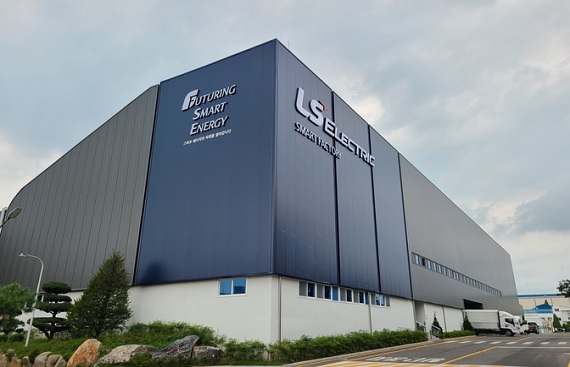LS Electric Commits $240 Million to Expand US Facility Amid Tariff Pressures
By
siliconindia | Wednesday, 16 April 2025, 05:03 Hrs

South Korea’s LS Electric has announced a $240 million investment to expand its production operations in the United States by 2030, aiming to reduce tariff-related risks and strengthen its presence in North America. The move is seen as a strategic response to ongoing import pressures under former President Donald Trump’s tariff policies, with the company planning to localize its manufacturing capabilities.
The growth focuses on LS Electric's new Bastrop Campus in Texas, which has been upgraded to feature research and development (R&D) and planning activities. The facility is being established as a core global hub in the company's long-term growth strategy.
From this year, LS Electric will start producing mid-voltage electric equipment and switchgears at the Texas plant, moving away from low-voltage components and circuit breakers. The shift comes as U.S.-based tech giants demand more, including Samsung Electronics' semiconductor business and large data centers.
The enhanced Bastrop Campus and the U.S. market will be a stepping stone for LS Electric to become a global electric equipment leader," the company said in a statement. Chairman Koo Ja-kyun further added, "We will invest an additional $240 million in the Bastrop Campus by 2030 to develop it as an electric equipment solution center for the North American market.
Nowadays, LS Electric has four domestic plants in South Korea and five overseas locations two in America (Texas and Utah), two in China, and one in Vietnam. Bastrop has supplied much of the U.S. business for Samsung but is now planned for greater production purposes.
The firm is also aiming for a growth in foreign sales, and it wants to achieve its foreign revenue contribution to 70% by 2030 from the current 50%. LS Electric reported a 7.6% jump in yearly revenue to Rs 4.55 trillion ($3.18 billion) in 2024, and Q4 net profit surged 44.1% year-over-year to Rs 62.8 billion ($43.7 million) due to robust demand for its electrical parts.
